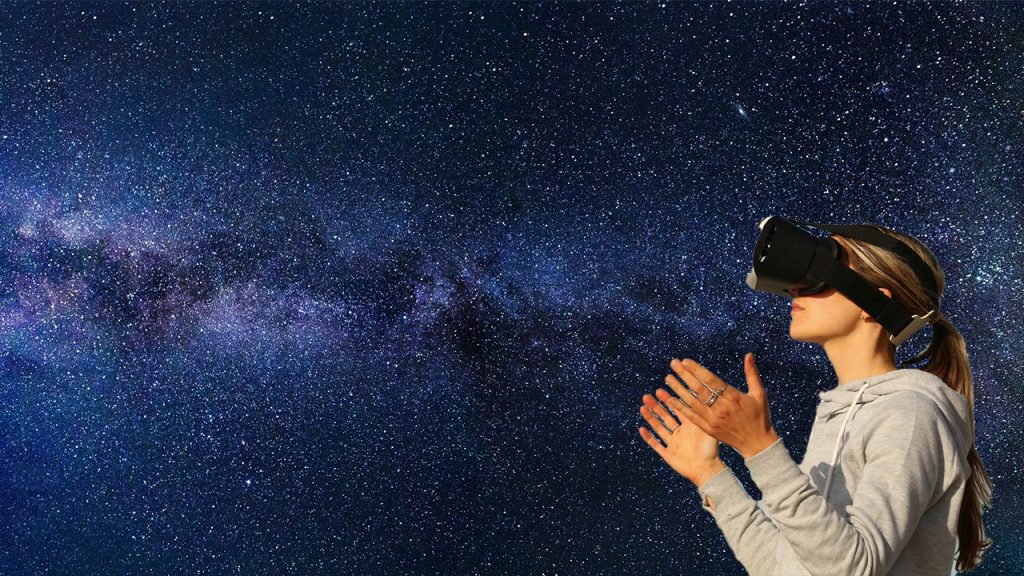Researchers in Simon Fraser University’s iSpace Lab created a virtual reality experience called Earthgazing which will be tested as part of SIRIUS 2021, a study launching this month in Moscow.
This experiment will be one of the 70 that will be done on six people’s crew. They will be spending eight months in a facility, modeling a spacecraft heading to Mars. It can also be applied to the people quarantined in covid-19.
This experience will make them “reflect on their connection to Earth and humanity” through reflective thinking and scenic views.
This is being done in collaboration with the researchers in Germany to investigate how virtual reality (VR) impacts the effects of isolation on crew members and their ability to cope amid isolation and sensory deprivation. In addition, VR technology is also being used.
“Dealing with loneliness and isolation during the COVID-19 pandemic has often been a very difficult experience, so this research is relevant not only for space exploration but the general public as well,” says Stepanova, who is part of a team led by Professor Bernhard Riecke of SFU’s School of Interactive Arts and Technology.
This experience will tell how astronauts can undergo a ‘cognitive shift’ in isolation.
“When witnessing the overwhelming beauty of Earth, astronauts also come to realize the fragility of our home planet and the interconnectedness of all life,” explains Stepanova. “They return to Earth with a renewed sense of connection and responsibility for our environment.”
This experience was exhibited at Vancouver’s V-Unframed Festival.
German colleagues are from Dr. Alexander Stahn’s lab at the Charité – Universitätsmedizin Berlin. The project is funded by European Space Agency (ESA) and German Space Agency (DLR).
SIRIUS (Scientific International Research In Unique Terrestrial Station) is a series of on-land isolation experiments modeling long-term spaceflight to assess the psycho-physiological effects of isolation on the crew and prepare for long-duration spaceflights. This first of the likes of this experiment was conducted in 2019.

